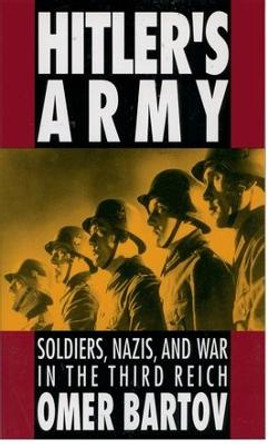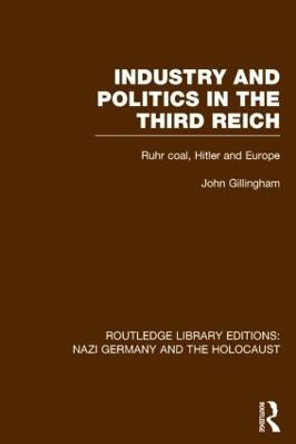Jay W. Baird comes to grips with a theme which has been generally avoided by over two generations of scholars and literary critics. He argues that German literature did not end with the advent of Hitler in 1933, only to be reborn after the fall of the Third Reich in 1945. Baird demonstrates how poets and writers responded enthusiastically to Hitler's summons to artists to create a cultural revolution commensurate with the political radicalism of the new state, thereby affirming the centrality of renewed German culture. Hitler's War Poets focuses on the lives and the works of six leading conservative, anti-communist yet revolutionary authors who articulated the dream of World War I veterans to form a socially just national community. Tradition was redrawn by Rudolf G. Binding, while Josef Magnus Wehner dramatized the link from Flanders fields and Verdun to the Third Reich. Hans Zoeberlein exalted anti-Semitism, the Free Corps, and Nazi violence, providing the counterpoint to Edwin Erich Dwinger, who launched an unrelenting assault against 'Jewish-Bolshevism'. The torch was passed to Eberhard Wolfgang Moeller, the leading bard of the revolutionary young generation. But it was Kurt Eggers, a tank commander in the 5th SS Panzer Division 'Viking', who delighted Hitler as he appeared as a prophet bearing the testament of Nietzsche's Zarathustra. Taken together, these authors offered the regime significant support. More importantly, their's was a tragic legacy because they provided aesthetic accompaniment to Nazi barbarism and ultimately to the Holocaust.
Jay W. Baird demonstrates how poets and writers responded enthusiastically to Hitler's summons to artists to create a cultural revolution commensurate with the political radicalism of the new state.About the AuthorJay W. Baird is Professor of History Emeritus at Miami University in Ohio. He has also taught at Stanford University and Pomona College, and was a visiting fellow at the University of Cambridge in 1997 and 2004. His previous books include To Die For Germany (1990); The Mythical World of Nazi War Propaganda, 1939-1945 (1977); and the edited volume From Nuremberg to My Lai (1974). He served as president of the German Studies Association from 1993-1995, and was recognized by the Holocaust Educational Foundation for distinguished contributions to Holocaust education in 2006.
Reviews'... this book makes a major contribution to scholarship on literature during the Third Reich.' Journal of Central European History
'... Baird has written a valuable work which reminds us how vibrant - and distorted - the literary scene of the Third Reich was.' European History Quarterly
Book InformationISBN 9780521145633
Author Jay W. BairdFormat Paperback
Page Count 300
Imprint Cambridge University PressPublisher Cambridge University Press
Weight(grams) 400g
Dimensions(mm) 229mm * 153mm * 17mm










